All Formats & Editions
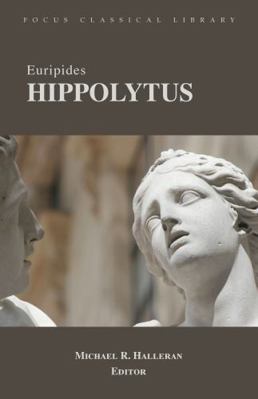

Hippolytos
Euripides's Hippolytos tells of an honourable youth's tragic death, contrived by his father in the false belief that his son had seduced his new wife. This edition of the play is intended for students and scholars alike. The text is based upon new collations of the medieval manuscripts...
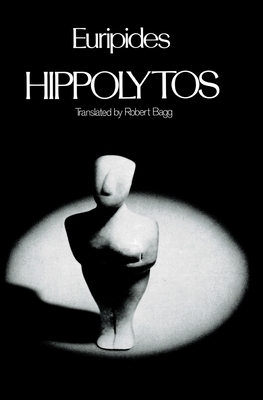
Hippolytos
In most versions of the Hippolytos myth, Phaidra is depicted as an utterly debauched character, a woman reduced to shamelessness by the power of Aphrodite. In Euripides' Hippolytos, however--informed by the playwright's moral and religious fascination--we find a Phaidra resisting...
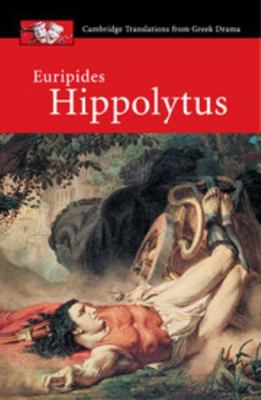
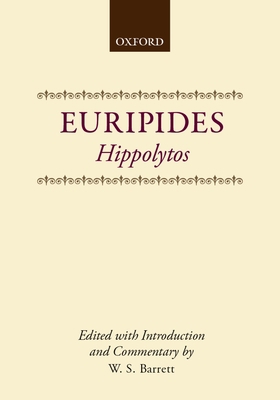
Hippolytos
Euripides' Hippolytos tells of an honourable youth's tragic death, contrived by his father in the false belief that his son had seduced his new wife. This edition of the play is intended for students and scholars alike. The text is based upon new collations of the medieval manuscripts...
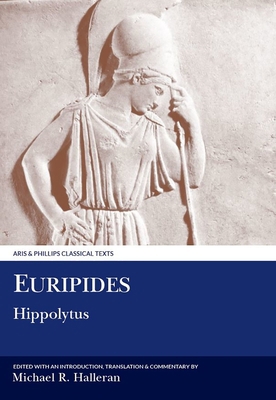
Euripides: Hippolytus
Euripides works with a common story pattern a young man (Hippolytus) becomes the object of a married woman's (Phaedra's) desire, rebuffs her sexual overtures, and is then falsely accused to the woman's husband (Theseus, Hippolytus' father) of rape.
![Euripides: Hippolytus (Greek Texts) [Greek] 0862920744 Book Cover](https://m.media-amazon.com/images/I/41SfVYDRbuL._SL500_.jpg)
Euripides: Hippolytus (Greek Texts) [Greek]
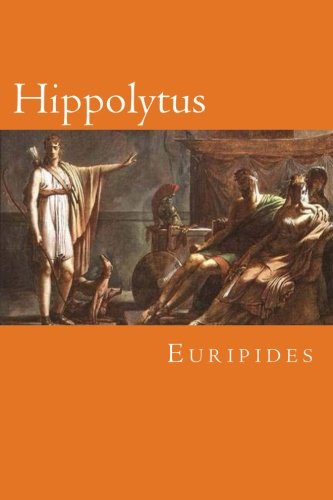
Hippolytus
'Hippolytus' is an Ancient Greek tragedy by Euripides, based on the myth of Hippolytus, son of Theseus. The play was first produced for the City Dionysia of Athens in 428 BC and won first prize as part of a trilogy. Hippolytus wears as a crown of garlands as a worshipper of Artemis,...
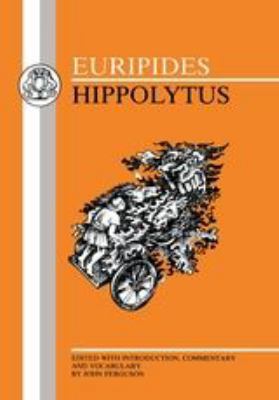
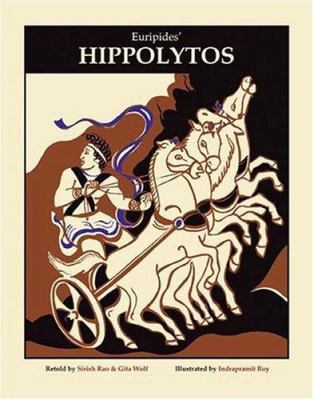
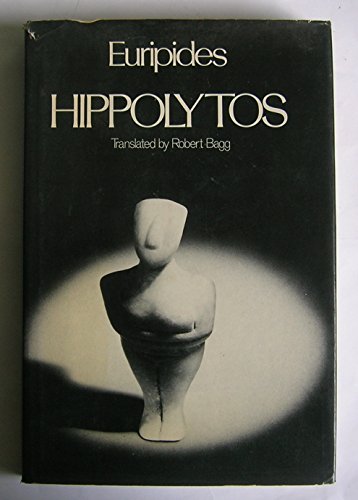
Hippolytos
This work has been selected by scholars as being culturally important and is part of the knowledge base of civilization as we know it. This work is in the public domain in the United States of America, and possibly other nations. Within the United States, you may freely...
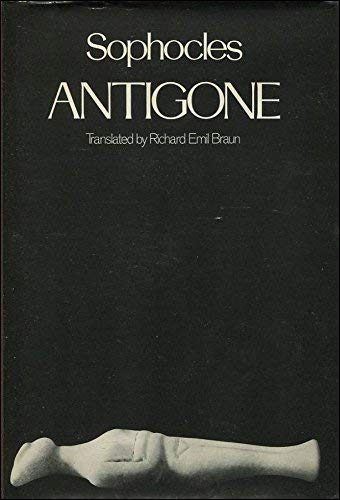
Antigone (The Greek tragedy in new translations)
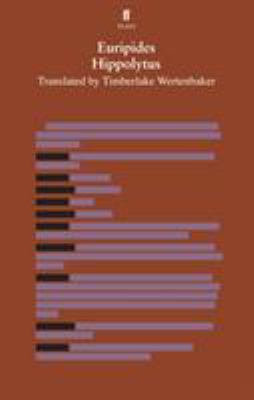
Euripides' Hippolytus: A New Version
![Hippolytos [German] 3110188171 Book Cover](https://i.thriftbooks.com/api/imagehandler/l/5B8ADDC53F895F1F3E154040486DA15BA17D050A.jpeg)
Hippolytos [German]
In Euripides' drama, Hippolytus angers Aphrodite, the goddess of love, so much by worshiping the hunting goddess Artemis that she makes his Stepmother, Phaedra fall in love with him. Phaedra's aged nurse persuades her to confess her love and then informs Hippolytus, who recoils...
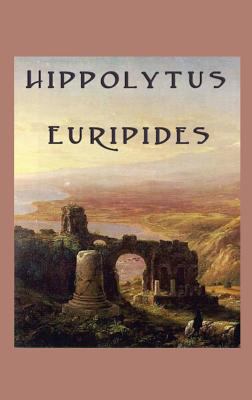
Hippolytus
Euripides was one of the three great tragedians of classical Athens, the other two being Aeschylus and Sophocles. Some ancient scholars attributed ninety-five plays to him, of these, eighteen or nineteen have survived complete. Euripides is identified with theatrical innovations...
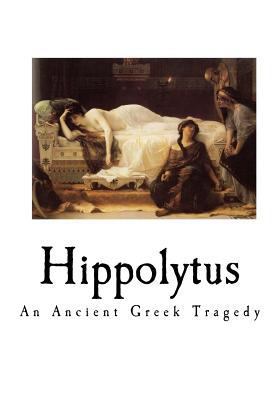
Hippolytus: An Ancient Greek Tragedy

![Euripides Hippolytos: Griechisch Und Deutsch - ... [German] 1295617021 Book Cover](https://i.thriftbooks.com/api/imagehandler/l/D0DF733FB3BB63B048358E265C03B06EFE218F40.jpeg)
Euripides Hippolytos: Griechisch Und Deutsch - ... [German]
![Euripidou Hippolytos Stephanephoros Cum Scholii... [Latin] 1140987135 Book Cover](https://i.thriftbooks.com/api/imagehandler/l/55D3A0AE548924C18CEB1102AD8EDC4F914A1B92.jpeg)
Euripidou Hippolytos Stephanephoros Cum Scholii... [Latin]
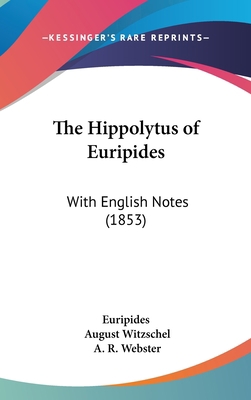
The Hippolytus of Euripides: With English Notes...
![Hippolytos: Griechisch Und Deutsch [German] 1271134225 Book Cover](https://i.thriftbooks.com/api/imagehandler/l/3A1F1B98A8F7AD3D74427E39134C95269E638175.jpeg)
Hippolytos: Griechisch Und Deutsch [German]
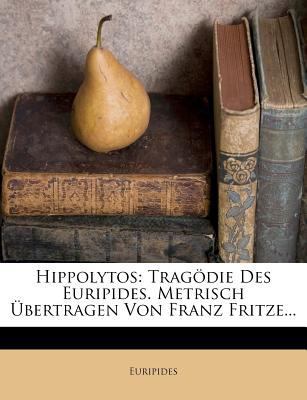
Hippolytos: Tragodie Des Euripides. Metrisch Ub...
![The Hippolytus of Euripides [Large Print] 1169841406 Book Cover](https://i.thriftbooks.com/api/imagehandler/l/E87557E692D08ED82807DA0109C744CD12B0F1EB.jpeg)
The Hippolytus of Euripides [Large Print]
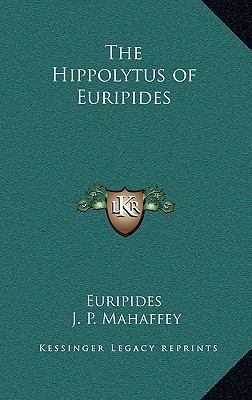
The Hippolytus of Euripides




